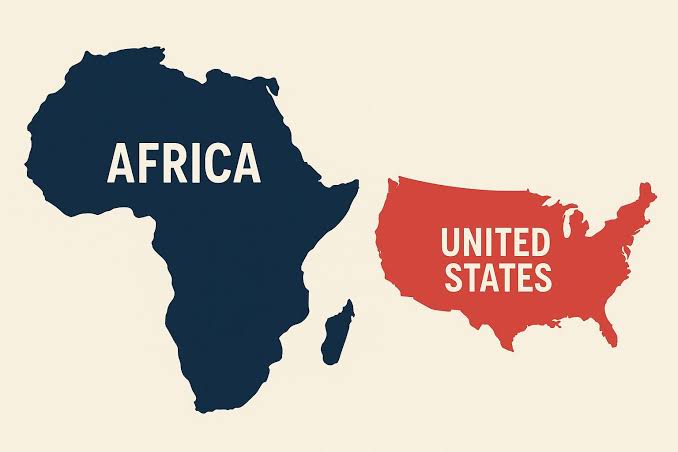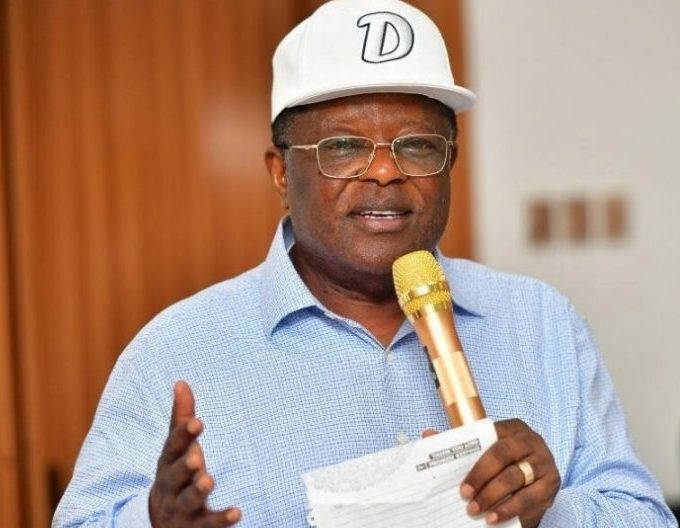
Ghana Earns $34m Annually in Transit Fees from Burkina Faso, Niger, and Mali

Ghana’s role as a strategic trade corridor for landlocked neighbours Burkina Faso, Niger, and Mali, is generating over $34 million annually from transit trade activities. The revenue comes from services related to the handling and transporting of transit goods, including payments to freight transport operators, freight forwarders, electronic cargo tracking services, and fuel stations.
The country’s port infrastructure, particularly the Tema and Takoradi ports, is pivotal in facilitating this commerce, making Ghana a key gateway to the sea for its Sahelian neighbours. However, despite these economic benefits, the transit trade sector is grappling with several pressing challenges that could erode its competitiveness and deter regional partners.
Transit operators have raised concerns over excessive service charges, frequent delays at the ports, high freight rates, and a proliferation of checkpoints along transit routes. Poor road infrastructure and a lack of rest stops further compound the difficulties faced by commercial drivers and logistics firms, according to a report by Africa Index.
Non-tariff barriers, such as bureaucratic red tape and inconsistent enforcement of transit regulations, also pose significant hurdles, according to industry stakeholders. These factors contribute to longer transit times and inflated transport costs, weakening Ghana’s position in an increasingly competitive regional market.
In March, Ghanaian President John Mahama made his first official visit to Mali, marking his first trip to a member state of the Confederation of Sahel States (CSS) since taking office. He met with Malian leader General Assimi Goïta, who serves as Mali’s transitional president and the chairman of the CSS. The visit was a significant diplomatic move, given the recent shifts in regional alliances following Mali, Burkina Faso, and Niger’s withdrawal from the ECOWAS.
Read Also:
About The Author
Related Articles
Malian Prime Minister Presents 2025 Government Report, Pledges Stability and Reform
Mali’s Prime Minister, Major General Abdoulaye Maïga, has presented the government’s 2025...
ByWest Africa WeeklyMarch 2, 2026AES Ministers Conclude Roadmap Talks in Ouagadougou, Strengthen Security Coordination
Ministers of the Confederation of Sahel States have concluded high level discussions...
ByWest Africa WeeklyMarch 2, 2026Investigation Links Western Funding Networks and NGOs to African Conflict, Terror Financing, and Organised Crime
A transcontinental investigation has exposed an alleged web of Western-funded organisations and...
ByWest Africa WeeklyMarch 2, 2026Tinubu Approves Additional Endless Federal Road Projects While Old Projects Crawl at Snail’s Pace
President Bola Tinubu has approved a fresh round of federal road projects,...
ByWest Africa WeeklyMarch 2, 2026












Leave a comment